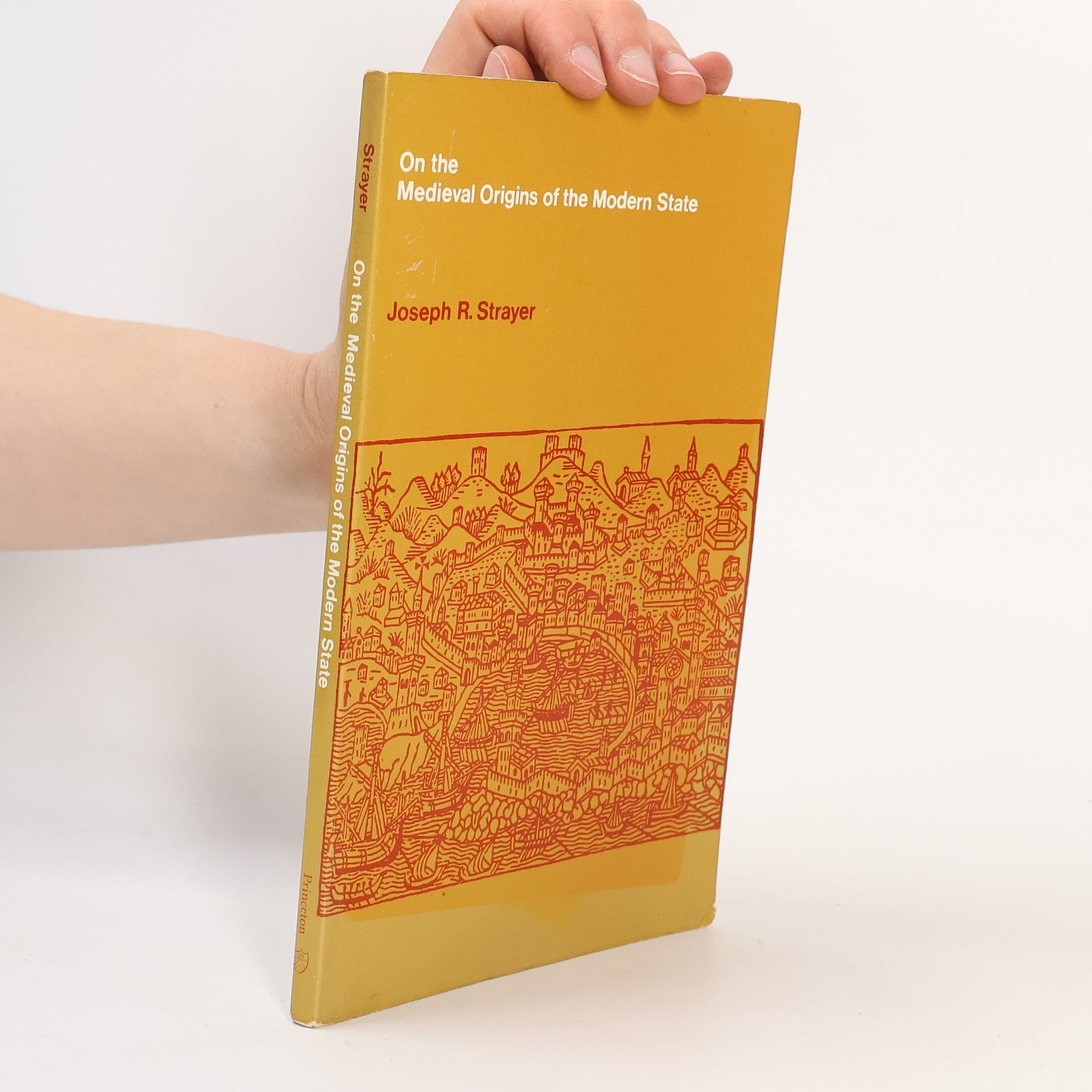Joseph R. Strayer Book order (chronological)
Joseph Strayer was a leading medievalist whose scholarship focused on the development of early state institutions and their relevance to modern governance. His influential works often drew upon decades of archival research, offering profound insights into medieval history. Strayer also played a pivotal role in shaping generations of medievalists, many of whom continue his academic legacy. His editorship of a comprehensive dictionary of the Middle Ages remains a significant contribution to the field.
